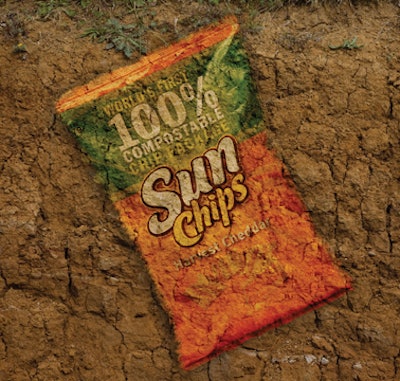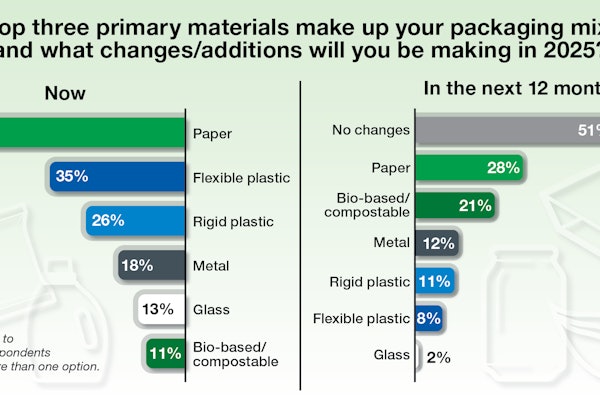
Answering some of these questions, the Sustainable Packaging Coalition has released its findings from a new survey of U.S. composting facilities, “Compostable Packaging: The Reality on the Ground.” The report is compiled from the responses of 40 facilities chosen to represent a diversity of plant sizes, composting methods, and geographic locations. Because compostable packaging is typically associated with or accompanies food waste, the SPC selected only composters that accept food waste. Says the report, “This subset was intended to provide a range of experiences with packaging, rather than gauge the total U.S. capacity for processing compostable packaging.”
One of the major findings of the report was that 90% of the facilities surveyed actively accept compostable packaging. Among the reasons cited by those that do not are the potential for contamination from conventional plastic packaging; the time it takes for compostable packaging to break down; and the difficulty in identifying whether packaging is certified compostable. These facilities added that they would be more apt to accept compostable packaging if labeling were more clear.

























